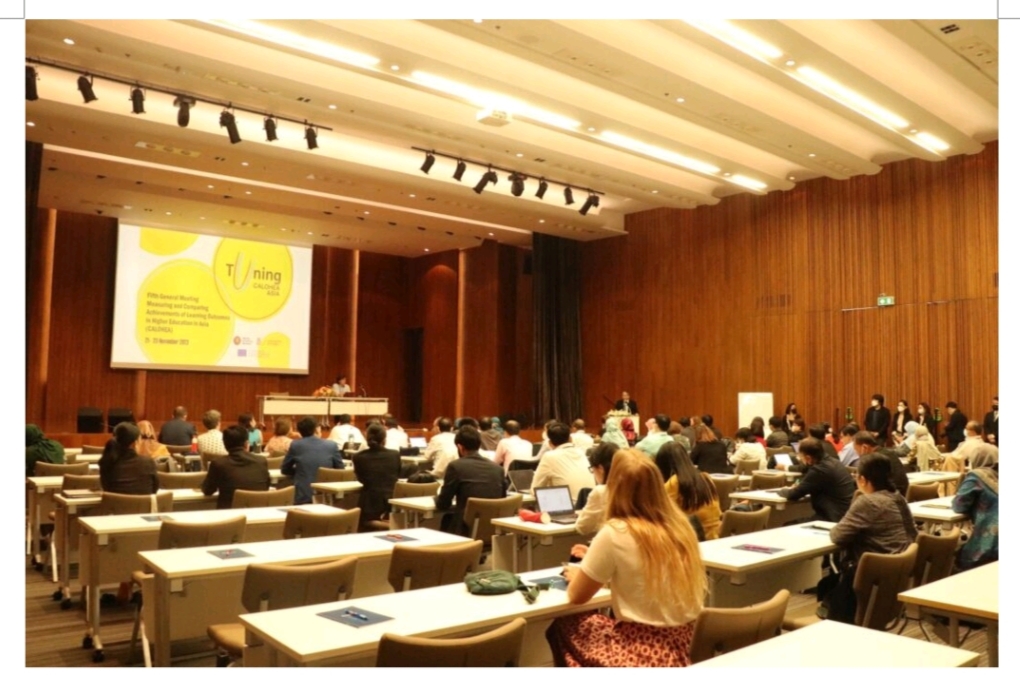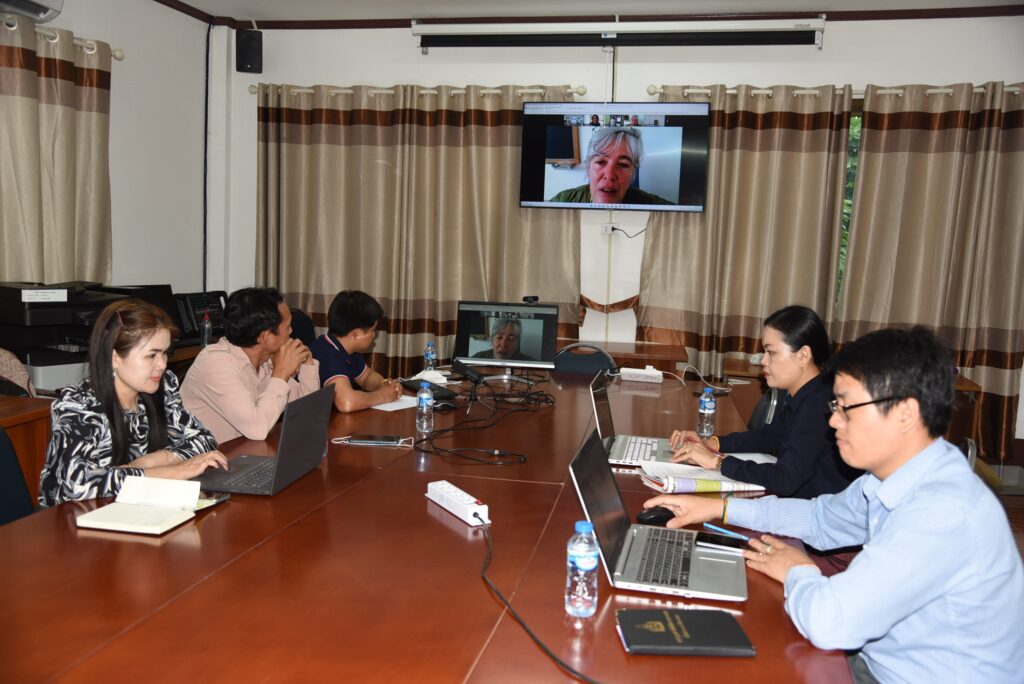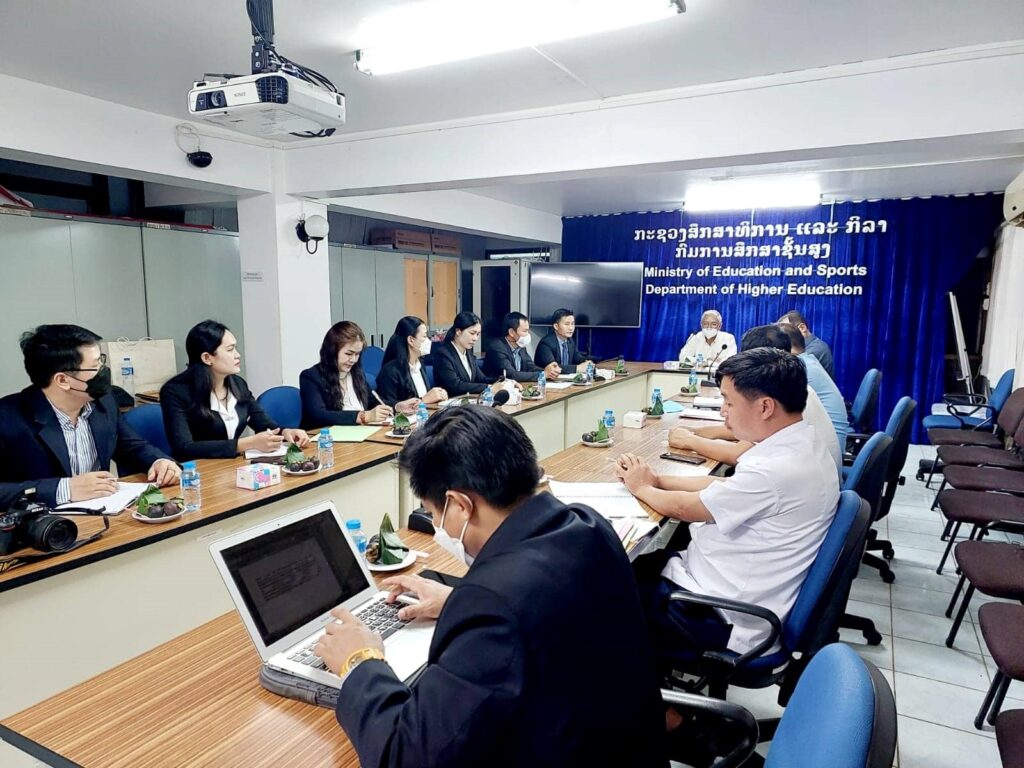CALOHEA Project
Measuring and Comparing Achievements of Learning Outcomes in Higher Education in Asia

Background of the project:
The CALOHEA project’s ultimate aim is to increase and enhance the internationalization effort of ASEAN Higher Education Institutions through degree recognition. In order to realize its goal, the project focused on establishing and systemize the implementation of three Recognition Mechanisms of study programmes.
Regional Subject-specific Qualifications and Assessment Reference Frammework
Student Workload Calculation
Authentic Assessment of Learning Outcomes
As such, in order to fully optimize the systematic use of Recognition Mechanisms, the project requires mass adoption of the mechanisms in the ASEAN region not only from inside but also outside of the Project Consortium.
General Objective:
Contribute to the internationalization of higher education institutions through developing a series of interrelated measures indispensable for improving recognition of higher education degree.
Expected Results:
3 Key Recognition Mechanisms
RM1: Creationand use of Regional Subject-Specific Qualifications and Assessment Reference Frameworks to permit greater comparability of institutional degreeprogrammeprofiles
RM2: Instalment of the culture of student workload measurement as an integral part of curriculumdesign
RM3: Implementation of authentic assessment of internationally comparable learningoutcomesin degreeprogrammes
CALOHEA Regional Subject-Specific Reference Frameworks as tools for promoting recognition and internationalisation
One of the tools created by the CALOHEA Erasmus+ project participants in order to facilitate recognition of degrees and periods of studies both within the ASEAN region and between the ASEAN region and other world regions are Regional Subject-Specific Reference Frameworks.
A Qualifications Framework is a structure that allows us to classify different qualifications in a geographical area covered by the framework and establish a broad equivalence of qualifications (e.g. first cycle of higher education/undergraduate, etc.) across the region. This is done through describing what a learner will have developed in terms of knowledge, skills, attitudes, competences, etc upon successfully completing a particular level of studies.
Regional Qualifications Reference Frameworks seek to establish broad equivalence among qualifications offered in more than one country. Such frameworks are intended to be used as Reference Documents – facilitating recognition but not overruling National regulations or National Qualifications Frameworks. The ASEAN Qualifications Reference Framework (AQRF) and the European Qualifications Framework (EQF) could be two good examples here.
CALOHEA Subject-Specific Qualifications Reference Frameworks facilitate recognition through allowing to:
1) clearly see which key dimensions must be addressed by each programme in the subject area;
2) establish equivalence between qualifications offered in different countries in terms of their level, regardless of how the qualifications are referred to in each of the countries;
3) express specialisation of a particular programme in terms of the sub-dimensions addressed;
4) compare the level of achievement aimed at for each of the sub-dimensions – in terms of knowledge, skills or responsibilities;
5) compare shorter periods of study as well – periods of study during which only particular types of knowledge, specific skills or capacity to perform particular responsibilities can be developed.
CALOHEA Regional Subject-Specific Qualifications Reference Frameworks state in a detailed manner what knowledge, skills, attitudes, competences, etc. are expected from graduates of a ARQF Level 6 degrees in Civil Engineering, Medicine and Teacher Education; & allow recognition across all the countries involved in the development of the Frameworks.
To see the CALOHEA Reference Frameworks, visit https://calohea.org/
The CALOHEA Erasmus+ project is coordinated by the Tuning Academy of the University of Groningen (the Netherlands) and the ASEAN University Network and is co-funded by the European Commission.




